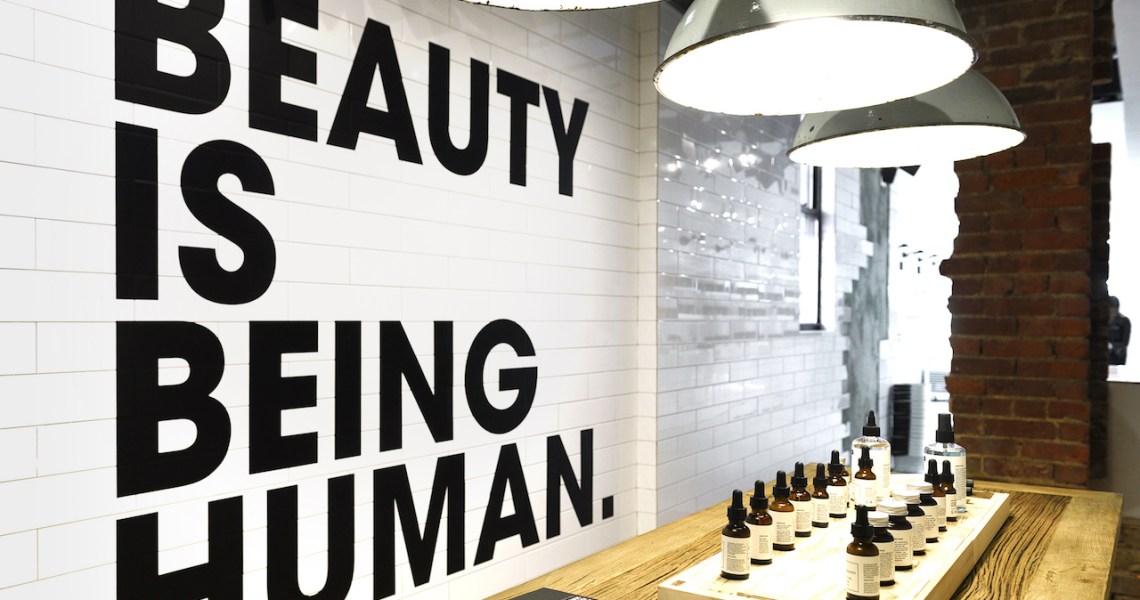As the global coronavirus pandemic has heightened the pressure for all industries to demonstrate corporate social responsibility, the beauty industry is feeling intensified scrutiny.
One of the first beauty brands to announce it was closing physical stores in the U.S. was Glossier, on March 12. The company made sure to simultaneously announce that it would continue paying staff. The brand has since made the decision to keep stores closed through April 10, with continued compensation for its retail team through that time, according to the company. Canadian beauty company Deciem released an announcement on Instagram on March 15 that it would be closing all its physical locations worldwide that day: “Our loving team will be paid for their time as normal,” a post stated.
These announcements come at a time when companies across sectors including Hobby Lobby, McDonald’s and Amazon have received heightened attention and scrutiny via the media and Twitter for their workplace policies, including sick leave and worker safety. The same is happening in beauty, where industry watchdog Instagram account Estée Laundry has been closely calling out cosmetics brands for their policies.
“It was a fairly obvious decision over the weekend,” said Deciem CEO Nicola Kilner, who explained that there was no question of whether or not the company would continue to pay the 380 members of its retail staff. “They’re our team; they’re our family.”
In an emailed statement to Glossy, Glossier founder and CEO Emily Weiss stated that the company’s New York flagship sees 2,000 people daily when open, and that the store was closed due to a responsibility toward “our customers, our team and public health.”
Estée Laundry spent most of last week calling out companies for not closing their stores earlier. The account was critical of Sephora and Ulta for staying open longer than smaller companies like Glossier. Sephora made the decision to close on March 17 and Ulta on March 19, after initially curtailing in-store services. Both said they will continue to pay employees for a period of time. Estée Laundry has criticized other brands for a wide range of additional practices based on anonymous tips, including coronavirus policies like forcing staff to use up PTO days during quarantine or cutting scheduled shifts to avoid having to pay for them.
“Some companies are responding to the coronavirus crisis better than others,” said the anonymous collective behind Estée Laundry in an email to Glossy. They named Glossier, Tarte Cosmetics and Sunday Riley as brands that stood out as positive examples.
In addition to monitoring which brands close corporate offices and stores, Estée Laundry has also highlighted those compensating hourly employees and freelancers. Indie brands and DTC startups have been the earliest movers, in this case, with larger companies following suit.
“I suspect a large part of it is that decision-making is much quicker in these organizations,” said Kilner, who noted that Deciem benefited from not having a large number of approval layers to go through. “We got the action into place right away. We shut the stores within an hour of making the decision.”
Digitally native DTC brands are also less reliant on their physical stores for sales. Weiss said that, for Glossier, “The vast majority of our sales come through our website, allowing us to be nimble and responsive in such a quickly evolving situation.”
“Consumers are paying attention to how brands treat their employees at this time, because it is a reflection of the business’s core ethics,” said Estée Laundry. “Being let down by an employer has been highly relatable for many people over the last few weeks, and the public is now in the headspace of wanting to support brands that are looking after their staff.”
Influencer Jeffree Star gave an impassioned speech on his Instagram Stories last week, saying brands not paying their staff during this time are “going to have no loyal employees” when the virus is over. “It’s horrifying,” he said. “As a boss, I can’t fathom doing that to my employees.”
Star’s sentiments are especially true for brands with a customer base of socially conscious millennials and Gen Zers. Deloitte’s 2019 Global Millennial Survey found that 42% of respondents said they would start a relationship with a business that had a positive effect on society, while 38% would stop buying from one that had a negative impact.
“There’s so much pressure on businesses to do the right, socially responsible thing,” said Kilner. “You have to put humans before profit. It’s hard to feel beautiful using a product that you know is causing pain to other humans.”




